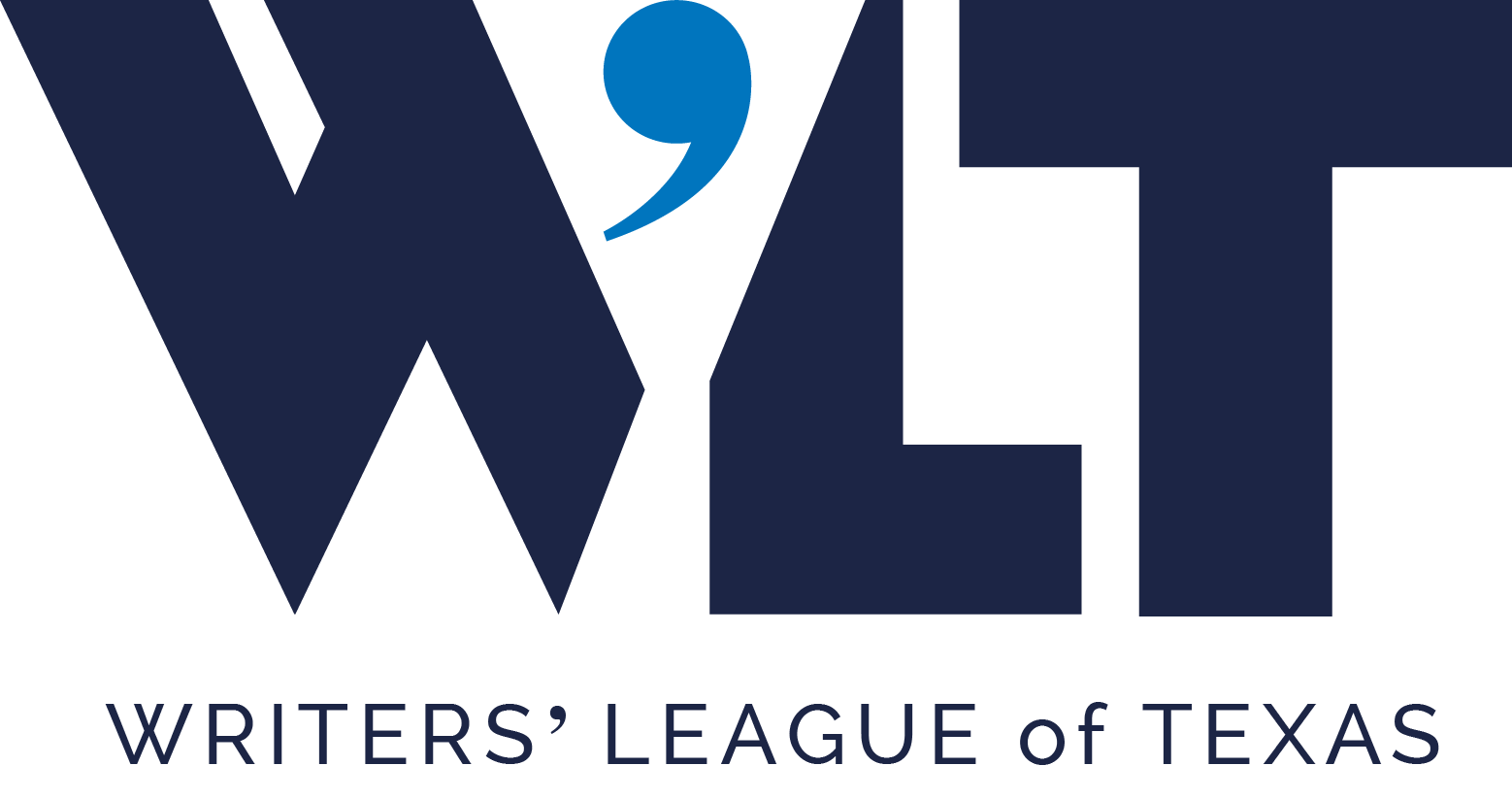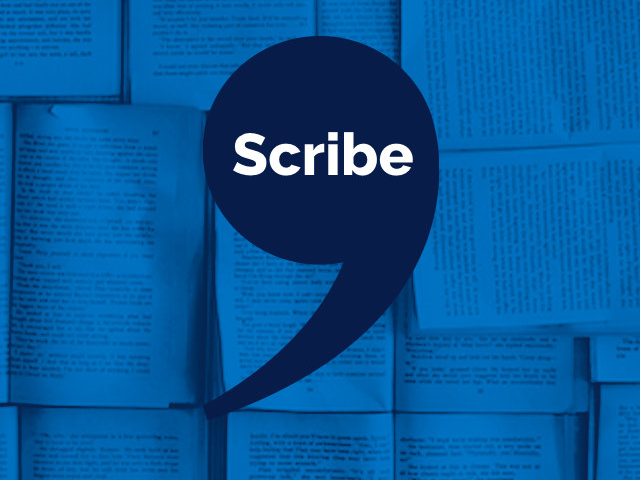“Seek out forms of engagement that you enjoy and feel comfortable with. There are so many now, and it can be a benefit in the often long, lonely slog of becoming a writer.”
-Dan Smetanka
Every year, the Writers’ League of Texas brings a faculty of close to thirty agents, editors, and other industry professionals to Austin for its Agents & Editors Conference. As we look ahead to the 24th Annual A&E Conference, taking place June 30 – July 2, 2017, we’re happy to share Q&As with some of our faculty here.
An Interview with Dan Smetanka
Dan Smetanka has worked in the publishing industry for over twenty-five years. As an Executive Editor at Ballantine/Random House, Inc., he acquired award-winning books including The Speed of Light by Elizabeth Rosner, Down to the Soundless Sea by Thomas Steinbeck, and Among the Missing by Dan Chaon, a 2001 Finalist for the National Book Award. He is currently Vice President, Executive Editor for Counterpoint Press. He acquires both fiction and nonfiction, and his projects include works by Dana Johnson, Abby Geni, Tod Goldberg, Natashia Deon, and Karen E. Bender, a 2015 Finalist for the National Book Award.
 Scribe: How would you describe your personal approach to working with an author?
Scribe: How would you describe your personal approach to working with an author?
Dan Smetanka: Every book is different, and every author needs different things at different times throughout the process. So I don’t think there is just one approach. An editor’s first job is to establish a level of trust with the author; you are for that book the author’s closest reader and confidant. In discussing revisions, no ideas are off the table; it must be a safe zone of collaboration. An editor will be the one to guide the author through the process of revision but also through the entire process of publishing the book, from manuscript to galleys through production, publicity, and marketing. So the job of an editor does not end when the manuscript is finished. The relationship must be strong enough to withstand all aspects of the publishing process.
Scribe: What do you look for in a debut author?
DS: Really the same as for any project: an interesting story, well told, in a way I have not seen or thought about before. The magic can come from voice or perspective or language or structure, but it has to be there. There is so much extra work in breaking out a debut author — no awareness of them in the marketplace, or with sales reps, or a history to fall back on — but it is also consistently one of the most exciting aspects of the American publishing scene. Everyone likes to encounter a new and exciting voice. The act of discovery is an impactful and memorable one.
Scribe: Do you think social media presence is critical for a successful writing career?
DS: Yes, it’s important. But I would say this a different way. Any and all forms of engagement are important and necessary. To not have any forms of engagement is a mistake. This is an industry based on relationships and community. So the days when the writer — especially a debut or non-yet-famous writer — can retreat to the fainting couch are long past. Seek out the forms of engagement that you enjoy and feel comfortable with. There are so many now, and it can be a benefit in the often long, lonely slog of becoming a writer.
Scribe: If you could give writers one piece of advice, what would it be?
DS: Socially, be polite. Just because you wrote something, do not assume that anyone has any responsibility to you to read it. Editorially, read your pages out loud — to the wall, to the pet, to the plants. You can catch a lot of your own mistakes that way.
Scribe: Are there any recent or upcoming releases that you’d like to highlight, to give readers a better sense of what you’re currently looking for?
DS: I am very proud of the depth and breadth of the Counterpoint list — for both fiction and nonfiction — and for our ability to welcome and publish both new and established voices. A trio of debut novels really connected with readers last year: The Houseguest by Kim Brooks, set just before WWII about the different factions of American Jews and their reactions to the news of atrocities coming out of Europe, that seemed to have direct echoes to the horrible news coming out of Syria; The Lightkeepers by Abby Geni used a nature photographer on the Farralon Island to explore our relationship to the natural world, to memory and loss, and the murky distinctions between animal and human; and Grace by Natashia Deon created a group of outlaw women in the antebellum south to portray the horrors of slavery and the divinity of maternal love. All were very different, all had bold, inventive ideas, all are stunning.
Scribe: In previous interviews, you’ve discussed how the role of the editor has expanded over the years in response to changes and expansions of the industry. How would you recommend debut authors proceed in a market that is in constant flux?
DS: Proceed carefully, of course. Educate yourself on the basics of the industry, since it is one led by idiosyncratic rules. There are ways to approach agents, ways to learn about books, ways to behave on social media as you present yourself as a professional writer. The internet provides a host of information that never was available to me or my ilk coming up in this industry. So while the market is in flux, and very competitive, this is the most knowledgeable generation of writers to exist, ever. Use that. And keep your wits about you.
—
Thanks, Dan!
Click here and here to read our 2017 A&E Conference agent & editor bios.
Click here for more information on the 2017 Agents & Editors Conference, a weekend long event in Austin, TX (June 30-July 2) that focuses on the craft of writing, the business of publishing, and building a literary community.









